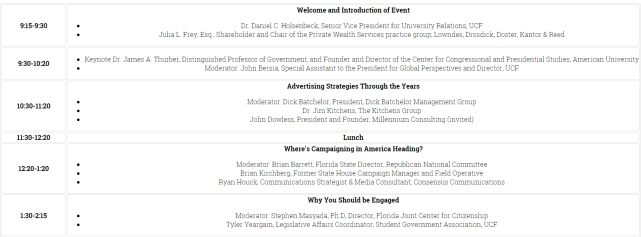These are two real-life examples that arose during the recent conference on Responsiveness. (My thanks and apologies to the colleagues who told these stories.)
- A recruiter sits all day at the tables near a major airport’s McDonalds restaurant, screening prospective workers. One of her questions: “Is the customer always right?” The correct answer is “yes.” Anyone who says “no” is rejected for the job. The recruiter is screening primarily for a cheerful attitude toward customers.
- The philosophers at an urban public university get into arguments with the woman who handles their reimbursements, challenging the fairness or wisdom of the university’s reimbursement policies. She finds the philosophers annoying, or worse.
I understand these as two examples of the same phenomenon. There are settings that encourage and expect authentic human interactions. In such settings, when you’re asked, “Is the customer always right?” you will probably say “No,” because–let’s face it–some customers are wrong. And if you’re asked, “What do you think of the university’s reimbursement policies?” you will say “They’re stupid,” if they are.
But other settings expect people to play instrumental roles within systems. For instance, it is better to treat every McDonalds customer as always right and just give them another hamburger if they have a problem with the one they got. That is best for the company’s bottom line. It follows that it better to say, “The customer is always right” when a recruiter asks you that question in an interview. Likewise, you should recognize that the poor person who has to handle your reimbursement requests is just doing her job and not get into a philosophical argument with her about the rules.
We do need both kinds of settings. If everything were authentic, we couldn’t organize large-scale human interactions. When passing through O’Hare, I am interested in getting my fries quickly, not deliberating with anyone about their quality. A university needs rules for reimbursements; it can’t hold a seminar on everything. I would posit that even in a just society, where power was more equally distributed, there would be instrumental interactions.
But the problem is the deliberate encroachment of the instrumental interactions into the supposedly authentic ones. Chairs and tables are set up outside of an airport McDonalds to make it look like a place where peers or relatives can sit together to talk. But in that space, a recruiter is asking “gotcha” questions to screen employees. The state university advertises itself as a place where people can have free and honest discussions about important matters, but its bureaucratic systems require employees to play circumscribed roles. Even though we need markets and bureaucracies, there is a pervasive danger that business and bureaucrats will take over authentic spaces in order to profit from them.
I have tried to write this whole post without jargon or name-dropping, but I mean it as an almost perfect illustration of Habermas’ thesis that systems are colonizing the lifeworld.
See also: soft skills for the 21st century workplace: empowered teamwork or emotional labor?, Habermas and critical theory (a primer) and Habermas illustrated by Twitter.



